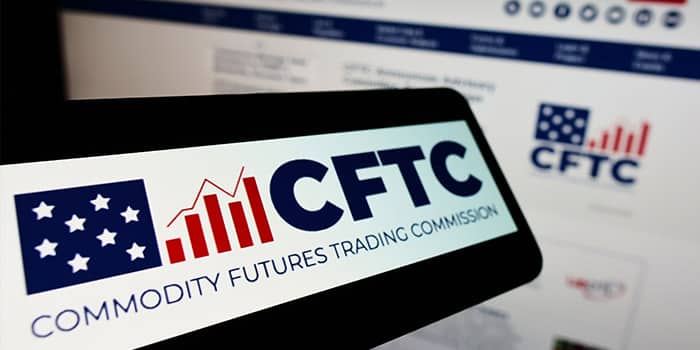Lawmakers pressed Quintenz over his former role with Kalshi, a company operating in the prediction market space


Brian Quintenz’s Senate hearing to become CFTC Chair kicked off heated discussions this week, with tribal gaming rights and the future of sports event contracts taking center stage. Senators used the meeting not just to evaluate Quintenz’s qualifications but also to question him about how the agency under his watch would deal with disputed prediction markets.
Quintenz Questioned Over Kalshi Ties and Tribal Gaming Rights During CFTC Confirmation Hearing
Quintenz, a former board member of Kalshi, a prediction market operator, faced questions about his past connections. Senators voiced ethical worries over his links to the company, given its decision to bring on Donald Trump Jr. as an advisor. Quintenz assured lawmakers he would resign from his role and sell off any investments before taking office, promising to follow all federal ethics guidelines. He also pledged to avoid decisions involving Kalshi for one year, referencing an ethics letter he had already submitted.
Nevertheless, those advocating for tribal gaming were left without many solid answers. Despite being asked multiple times about how sports-based event contracts on CFTC-registered markets could violate tribes’ exclusive rights to gaming, Quintenz avoided giving details. Rather, he hinted that tribal nations have the choice to take part in the prediction market scene by setting up their own exchanges approved by the CFTC. He stated that the Commodity Exchange Act does not stop tribes from doing this.
Quintenz Offers Few Answers on Tribal Rights and Sports Contract Legality
Tribal chiefs contend the problem is not about joining in, it is about having sole rights. Many tribes hold exclusive gaming privileges in their states and see prediction markets offering sports-related contracts as stepping on those rights. While Quintenz recognized these worries, he highlighted the need to involve more stakeholders and promised future talks if his nomination is approved.
The legal scene remains unclear. While Quintenz said recent court rulings have helped shed light on the issue, he did not mention any new laws. No federal or state law defines whether sports event contracts are legal under the CEA, and several lawsuits involving Kalshi are still in court. When asked if he would challenge an unfavorable court ruling, Quintenz did not take a firm stand, saying that the agency would protect its legal duty.
The hearing also brought up a CFTC roundtable on prediction markets that was called off earlier. Quintenz said he was open to talking about it again, though he did not know why the first event was canceled. The Senate committee has not scheduled a vote on his nomination yet. If they give the green light, Quintenz’s guidance could have a big impact on the future of event-based financial tools and how they might intersect with existing gaming laws.
